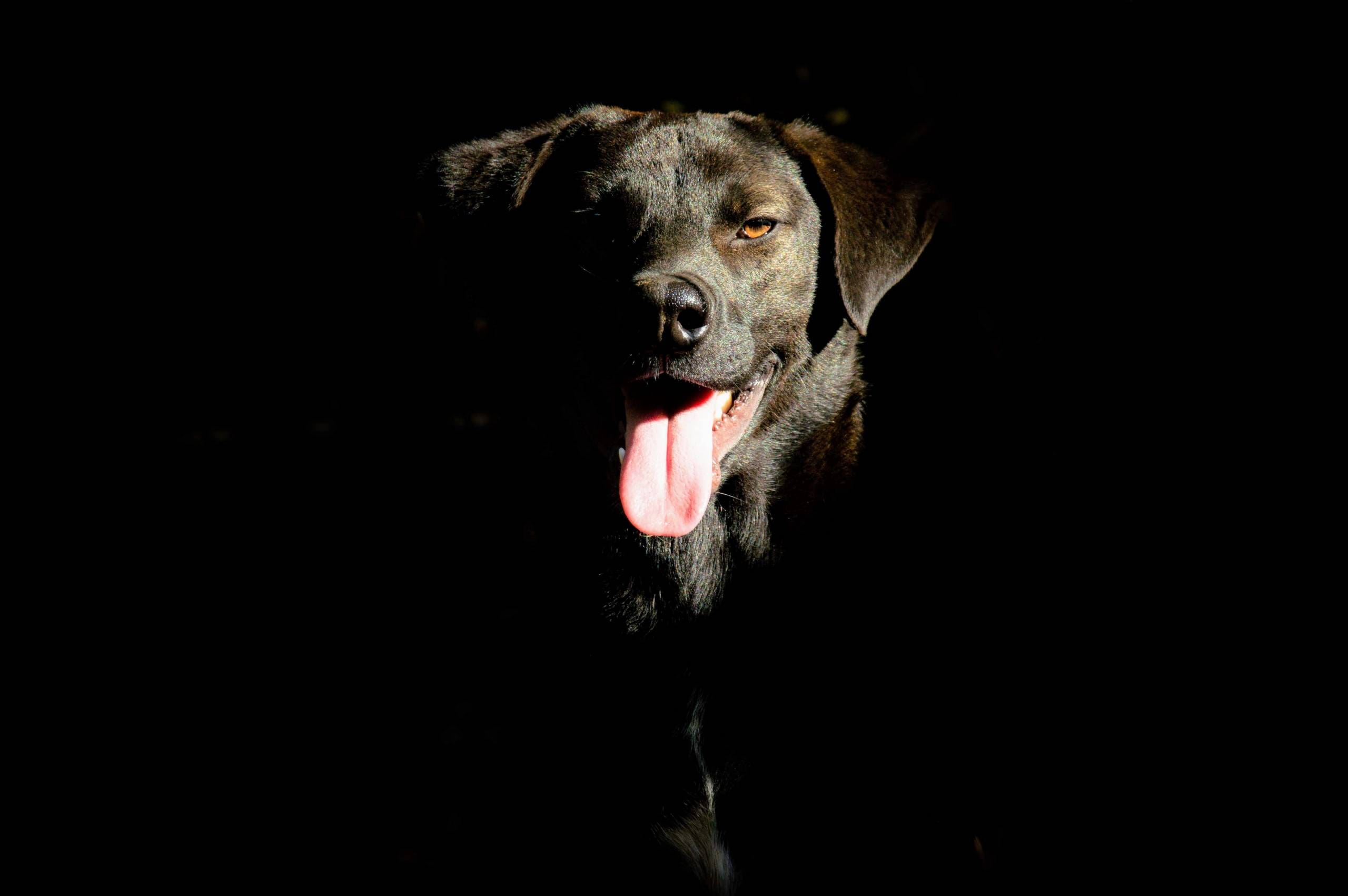How Much Trazodone Can I Give My Dog?
Post Date:
December 10, 2024
(Date Last Modified: December 13, 2024)
Trazodone is a medication frequently prescribed by veterinarians for dogs, primarily for its calming effects. It’s commonly used to manage anxiety, sleep disturbances, and behavior issues. If you’re considering trazodone for your dog, knowing the safe and effective dosage is crucial for their well-being.
How Trazodone Works
Trazodone increases serotonin levels in the brain, which can help improve mood and reduce anxiety. While it’s generally well-tolerated in dogs, the dosage can vary based on several factors, including the dog’s weight, age, health condition, and specific issues being treated. Always consult your veterinarian before giving any medication.
Determining the Right Dosage
Weight is a key factor in determining the correct dosage. Typically, the dosage of trazodone for dogs ranges from 2 to 5 mg per kilogram of body weight. For example, a 20-kilogram dog might receive between 40 mg and 100 mg. However, this is just a guideline, and individual needs can differ significantly. Your veterinarian will assess your dog’s situation and provide tailored recommendations.
Age and Health Considerations
Age and overall health also play significant roles in medication metabolism. Puppies and senior dogs may process medications differently compared to younger, healthy adults. If your dog has any underlying health conditions, such as liver or kidney issues, this could affect how trazodone is processed. Providing a complete medical history to your veterinarian ensures safe medication use.
Monitoring and Adjustment
When starting trazodone, your veterinarian may suggest beginning with a lower dose to monitor your dog’s response. This approach allows for adjustments if needed. It’s important to keep an eye out for any side effects, which may include drowsiness, lethargy, and gastrointestinal upset. If you observe any concerning symptoms, contact your veterinarian.
Complementing Treatment with Behavioral Techniques
Trazodone is often used alongside behavioral modification strategies or other treatments. For instance, if your dog experiences anxiety from loud noises, trazodone can help calm them. However, working on desensitization training in conjunction with medication can yield better, long-lasting results.
Safety and Precautions
Not every dog is a suitable candidate for trazodone. Certain breeds or dogs with specific health issues may not respond well. Additionally, trazodone should not be given to dogs currently taking monoamine oxidase inhibitors (MAOIs) or those with a known hypersensitivity to the medication. Always consult your veterinarian before beginning any new treatment.
Proper Administration and Timing
When your dog requires trazodone, following your veterinarian’s instructions regarding dosage and frequency is essential. The medication is typically given orally and may need to be administered with food to reduce gastrointestinal upset. Timing can also be important; for anxiety linked to specific events, such as thunderstorms or fireworks, administering trazodone about an hour before the expected stressful event can help ensure your dog remains calm.
Long-Term Use and Regular Check-Ins
In cases of chronic anxiety, your veterinarian may suggest a longer course of trazodone. Regular check-ins will help monitor your dog’s response and allow for adjustments as necessary. Frequent follow-up appointments are vital for assessing overall health and well-being.
Addressing Concerns and Exploring Alternatives
Pet owners may have concerns about medications like trazodone, including potential side effects or long-term health impacts. Discuss these worries with your veterinarian, who can offer detailed information on the benefits and risks associated with trazodone. Additionally, exploring natural remedies, such as calming supplements, pheromone diffusers, and training techniques, can provide alternative options for managing anxiety.
Lifestyle Changes and Environmental Factors
Lifestyle adjustments can greatly influence your dog’s overall well-being. Regular exercise, mental stimulation, and a consistent routine can help mitigate anxiety. Engaging your dog in play and providing enrichment activities contribute to their happiness and health.
Creating a calm and safe environment is also essential. Designate a comfortable area in your home where your dog can retreat when feeling overwhelmed, ensuring it is quiet and cozy with their favorite toys and blankets.
Socialization and Training
Proper socialization and training are critical in managing anxiety. Gradually exposing your dog to various environments, people, and other animals can help them build confidence and reduce anxiety. Employing positive reinforcement training methods can encourage good behavior and strengthen the bond between you and your dog.
If you have any doubts about how much trazodone to administer or notice any behavioral or health changes in your dog, reaching out to your veterinarian is crucial. Your veterinarian is the best resource for keeping your dog safe and healthy, providing personalized recommendations based on their specific needs and circumstances.
Understanding the appropriate trazodone dosage for dogs is an essential aspect of responsible pet ownership. While trazodone can effectively manage anxiety and other conditions, using it responsibly and under a veterinarian’s supervision ensures your dog leads a happy, balanced life.






